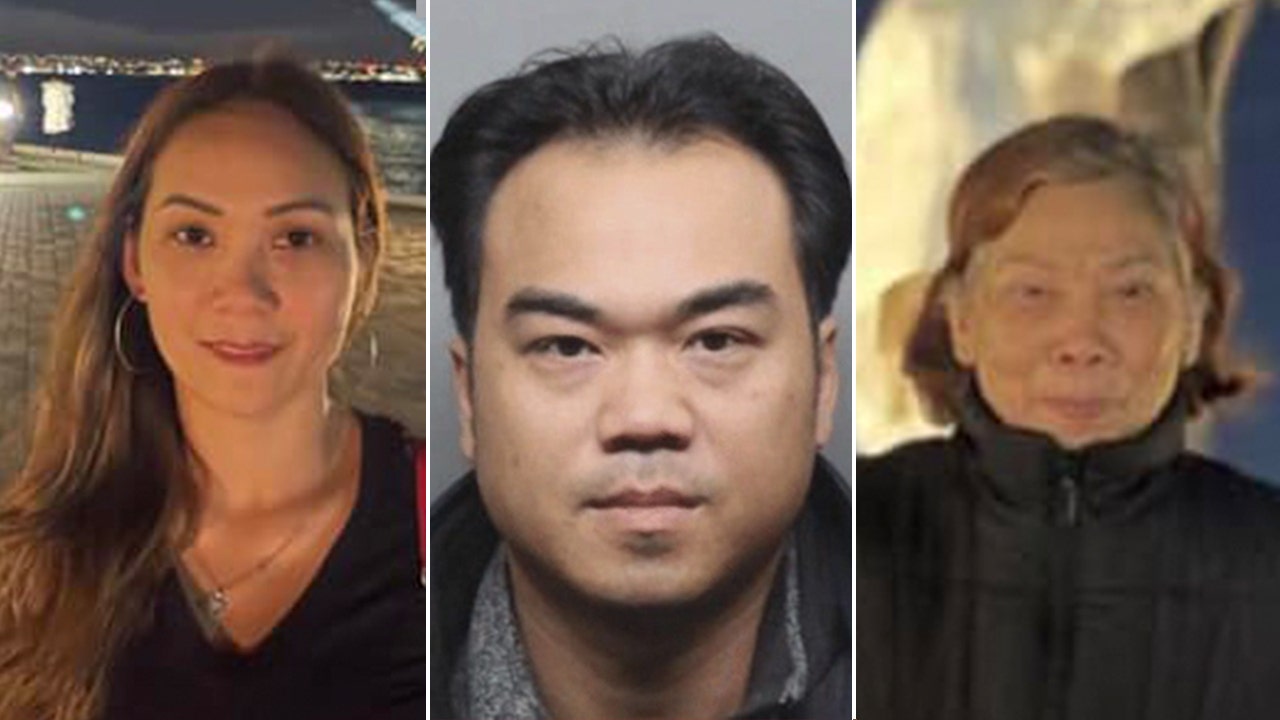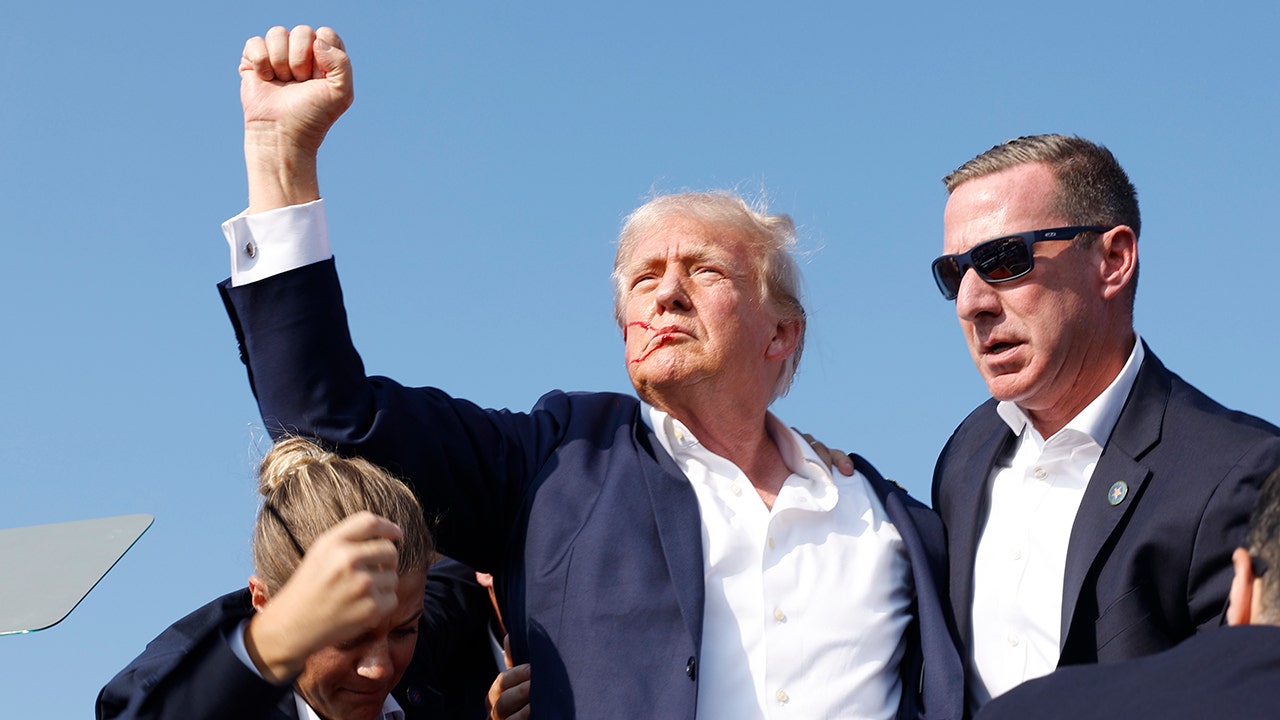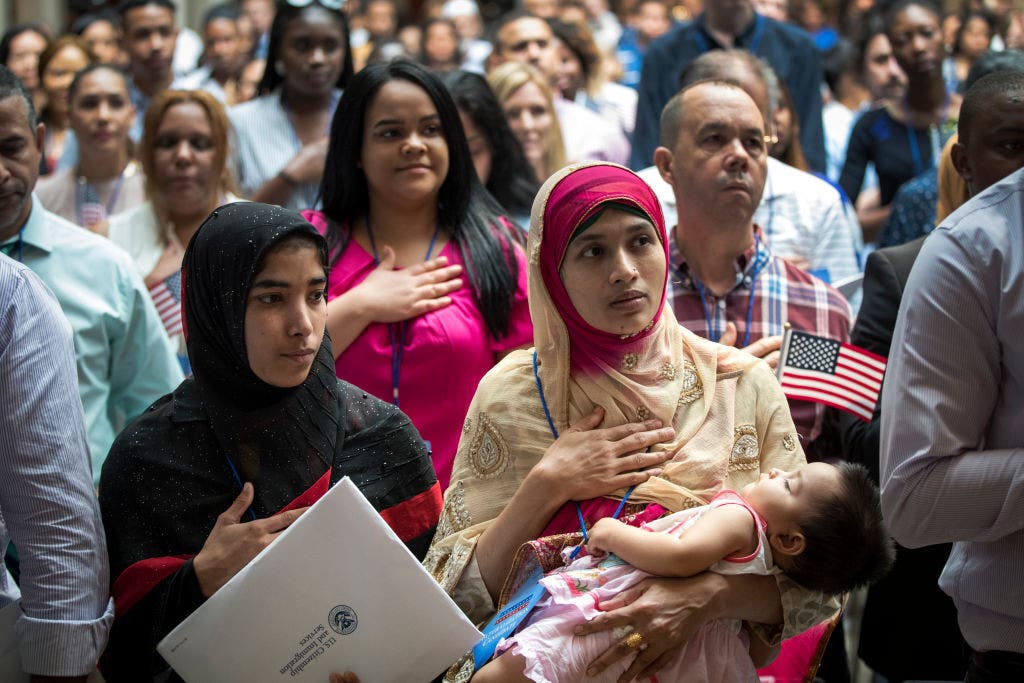A majority of the Supreme Court appeared inclined on Monday to uphold a series of local ordinances that allowed a small Oregon city to ban homeless people from sleeping or camping in public spaces.
The justices appeared split along ideological lines in the case, which has sweeping implications for how the country deals with a growing homelessness crisis. The conservative majority appeared sympathetic to arguments by the city of Grants Pass, Ore., that homelessness is a complicated issue that is best handled by local lawmakers and communities, not judges.
The liberal justices, for their part, pushed back strongly on that notion in impassioned questioning.
The case reflects a broader fight over regulating homelessness and the complexity of balancing the civil rights of homeless people with concerns about health and safety in public spaces.
The issue has united people across the political spectrum, with some leaders of left-leaning cities and states joining with conservative groups to urge the justices to clarify the extent of their legal authority in clearing encampments that have proliferated across the West in recent years.
The question before the justices is whether those laws went so far that they punished people for being homeless and violated the Eighth Amendment’s prohibition on cruel and unusual punishment.
A group of homeless residents is challenging the city’s enforcement of the ordinances as unconstitutional, arguing that they are involuntarily homeless in the city because there are not shelter beds available and that the city may not punish them without offering shelter.
City officials in Grants Pass counter that this is a fundamental misunderstanding of the Eighth Amendment. They warn that a ruling in favor of the plaintiffs would fuel homeless encampments across the country and hamstring the ability of local governments to respond.
Here’s what else to know:
-
The justices’ questions reflect the deep complexity of the homelessness debate, weighing philosophical questions about biological necessities and the status of poverty versus cities’ desire for more flexibility to regulate public spaces like parks and sidewalks.
-
The court’s conservative justices are taking pains to say that addressing homelessness is a hard policy question. But they suggest it is for the elected branches, not courts, to solve.
-
The case began in October 2018, when Debra Blake, a homeless woman in Grants Pass, sued the city, accusing officials of breaching the Constitution. “The city of Grants Pass is trying to run homeless people out of town,” the lawsuit said. “On any given day or night, hundreds of individuals in Grants Pass, Oregon, are forced to live outside due to the lack of emergency shelter and affordable housing in their community.”
-
The plaintiffs’ argument rests in part on a 1962 case, Robinson v. California, in which the Supreme Court held that laws imposing penalties on people for narcotics addiction violated the Eighth Amendment because they punished a state of being, not a specific action, like drug possession or sale. In a similar fashion, the plaintiffs contend, Grants Pass is punishing people for being involuntarily homeless, not for specific actions.
-
That argument held sway in a separate case, Martin v. Boise, in 2018. In that case, a panel of judges from the U.S. Court of Appeals for the Ninth Circuit ruled that Boise, Idaho, had violated the constitutional rights of homeless people by imposing criminal penalties for sleeping and camping outdoors, even though the city did not have enough shelter beds.
-
Lawyers for Grants Pass point to the Boise case as a cautionary tale. The decision only hastened “sprawling encampments, rising deaths and widespread harms to the community, as localities are forced to surrender their public spaces,” the lawyers wrote in a brief. The lawyers added that lawmakers, not courts, were best suited to address homelessness and the complexity of its root causes.
-
The Biden administration has not chosen a side in the dispute. Even as it was sharply critical of laws that in effect criminalize homelessness — policies that it argues can make it harder for people to escape their circumstances — the administration said local governments had a basic responsibility to maintain the cleanliness and safety of public spaces like parks and sidewalks.
Conor Dougherty contributed reporting from Los Angeles, and Adam Liptak from Washington.





